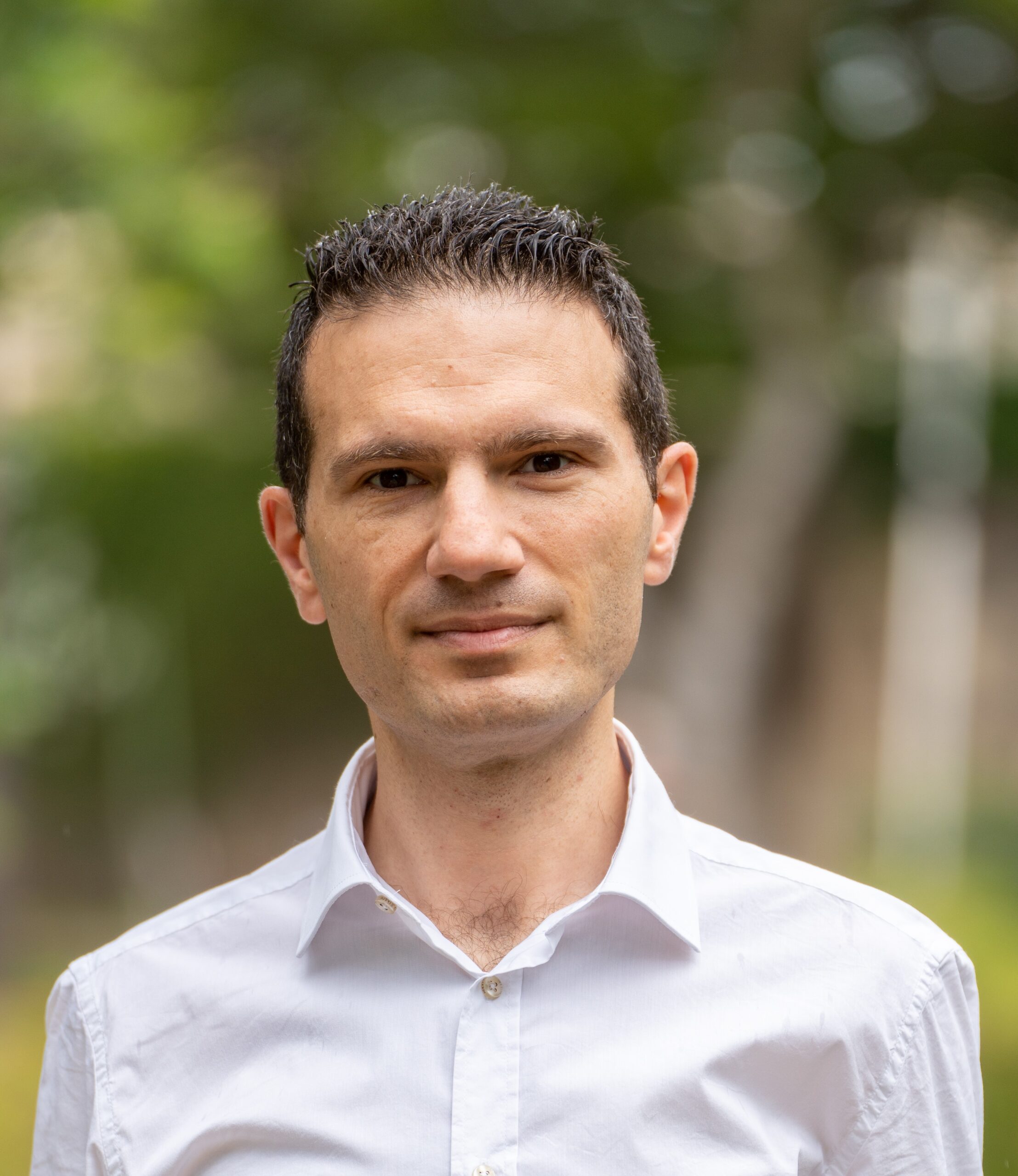Over the past several years, project management has been undergoing significant shifts. Traditionally, project management was predominantly focused on directly managing a team of people to deliver a project in a linear/phased approach (Waterfall model). With the advent of agile methodologies, project managers found themselves working with cross-functional teams and embracing iterative and incremental deliverables.
The paradigm shift in the way of working has given rise to debates regarding the necessity of project managers within organisations. Some organisations have completely removed the project management role as they shifted towards a product management approach. However, others have either kept the traditional role or adopted a hybrid approach, keeping project management a legitimate and active practice in the modern digital economy.
With the World Economic Forum predicting that 75% of companies are set to have adopted AI technologies by 2027 and Gartner predicting that 80% of today’s project management tasks will be eliminated by 2030, the field of Project Management stands again on the brink of another transformative phase.
From a “behind the screen” to a more “on the ground” role
One obvious way that Generative AI, a type of Artificial Intelligence that can produce new content including text, images, and code, will assist project managers is in their administrative tasks.
While one of the critical roles of a project manager is to work very closely with all stakeholders to ensure that a project (or an increment) is delivered successfully, project managers spend most of their time working on isolated activities such as planning, reporting, resource demand, cost estimation, quality assurance, documentation and much more. With the power of Generative AI, project managers will have a virtual assistant that will help them in:
- Data Collection
- Monitoring of project progress
- Reporting
- Project Prioritisation
- Forecasting
- Compliance monitoring for policies, procedures, and standards, and
- Taking corrective and proactive actions for the project to stay on track.
Given the clear benefits of having a robust tool to support project managers in these activities, I won’t be delving into each one in detail.
What I would like to point out, though, is that as traditional project managers’ tasks shift to GenAI tools, project managers will be able to spare much more time on the ground. This means working closer with stakeholders, understanding their needs, and ensuring alignment.
In summary, I see project management embodying a more human-centric approach.
Will Project Management become easier?
While it may seem like the answer is “yes”, it is important to keep in mind that GenAI tools outputs is based on the data they are fed. This brings challenges, which, if not addressed properly, can have catastrophic impact on the project and the organisation.
In their course “Generative AI Overview for Project Managers,” the Project Management Institute (PMI) discusses the following challenges:
Data Quality and Availability
Organisation culture, timing, people involved, systems impacted, social and economic pressures, and many other factors make a project unique. As a result, project managers may face challenges in finding relevant and high-quality data for their projects. To ensure a high level of quality output, project managers will need to spend a considerable amount of time assessing the data before feeding it to the GenAI tools.
Furthermore, project managers will need to assess the credibility of the tools used in the project and understand their data limitations and possible biases to interpret the output correctly.
AI model selection and integration
Using GenAI tools should not be simply a plug-and-play activity.
Project managers must ensure these tools integrate well with existing organisational-wide workflows and systems. As a result, they will need to carry out small pilot tests to assess the complexity, impact, duration, and benefits realisation before shifting their activities to GenAI tools.
It is, therefore, crucial that project managers work very closely with cross-functional teams during this exercise to understand their concerns, evaluate potential integration challenges, and eventually get them on board.
If there is a need to integrate more than one GenAI system, project managers must also ensure an integration roadmap is developed and maintained.
Ethics
No surprises here – ethical considerations pose one of the biggest challenges for project managers using GenAI tools. Project managers must guarantee that the data produced by the tools is unbiased. They consequently need to regularly conduct ethical assessments and work closely with individuals with different perspectives to identify potential areas of biases.
Security and Privacy concerns
For GenAI tools to generate relevant information, project managers must ensure that the correct information relative to the project is fed to these tools. However, they also need to ensure robust security measures are in place to protect the data from unauthorised access or breaches. This can be done through, for example, encryption of data, strong authentication and access controls, and security audits.
Human-in-the-loop approach
The project manager will play a critical role in ensuring a collaborative approach between humans and AI systems in decision-making.
We must remember that the more data fed to AI systems, the more accurate their results will be. Therefore, project managers should implement feedback mechanisms that allow AI systems to learn, especially if the output produced is below a certain quality threshold.
Training
Project managers must make sure that teams are properly trained on AI systems and understand how these have been integrated within the various workflows and processes in the organisation. A culture of knowledge-sharing is crucial during this transformation.
In this short course, PMI also reminds project managers that, ultimately, they will remain accountable for project performance while GenAI will typically play the ‘Consulted’ role in the traditional RACI matrix. As a result, project managers will be accountable for:
- The questions being asked to GenAI tools, including the articulation of problems and challenges.
- The accuracy, safety, and usefulness of the answers.
- The decisions made as a result of these answers.
- Defining the “why,” “what,” and “how” of their projects to the GenAI tools.
The course provides attendees with a list of GenAI tools together with a ChatGPT prompt engineering guide that will help project managers in their day-to-day work. It is an interesting course, especially for project managers new to GenAI tools. I suggest project managers attend this course to widen their knowledge of AI and Project Management.
The future of project managers
As I mentioned briefly earlier, I see project management becoming more human-centric. The human touch, understanding, and empathy are irreplaceable and extremely useful for project success.
I see project managers playing a crucial role in bridging communication gaps, resolving conflicts, and fostering a positive team culture. I see their role evolving from a task-focused to strategy-focused, emphasising leadership, relationship management, and ethical considerations.
However, transitioning to this new project management way of working requires organisations to invest in upskilling, reskilling and time teaching these tools until they learn to perform better.
But before organisations decide to start implementing GenAI tools to support their project managers, they must honestly answer the following two fundamental questions:
- Is the organisation willing to move out of its traditional comfort zone and radically change its project management approach?
- Is the executive sponsor for this transformation capable and credible?
Only when the answer to these two key questions is yes, I encourage organisations to make this quantum leap.
I’m Jonathan Spiteri, and I bring a wealth of experience in innovation, strategy, agile methodologies, and project portfolio management. Throughout my career, I’ve had the privilege of working with diverse teams and organisations, helping them navigate the ever-evolving landscape of business and technology. I’ve also earned multiple prestigious certifications, such as Axelos Portfolio Director, SAFe® 6 Practice Consultant, Organisation Transformation, Project Management Professional (PMP), TOGAF 9.2, and Six Sigma Black Belt. These qualifications reflect my dedication to achieving excellence and my proficiency across various domains.


